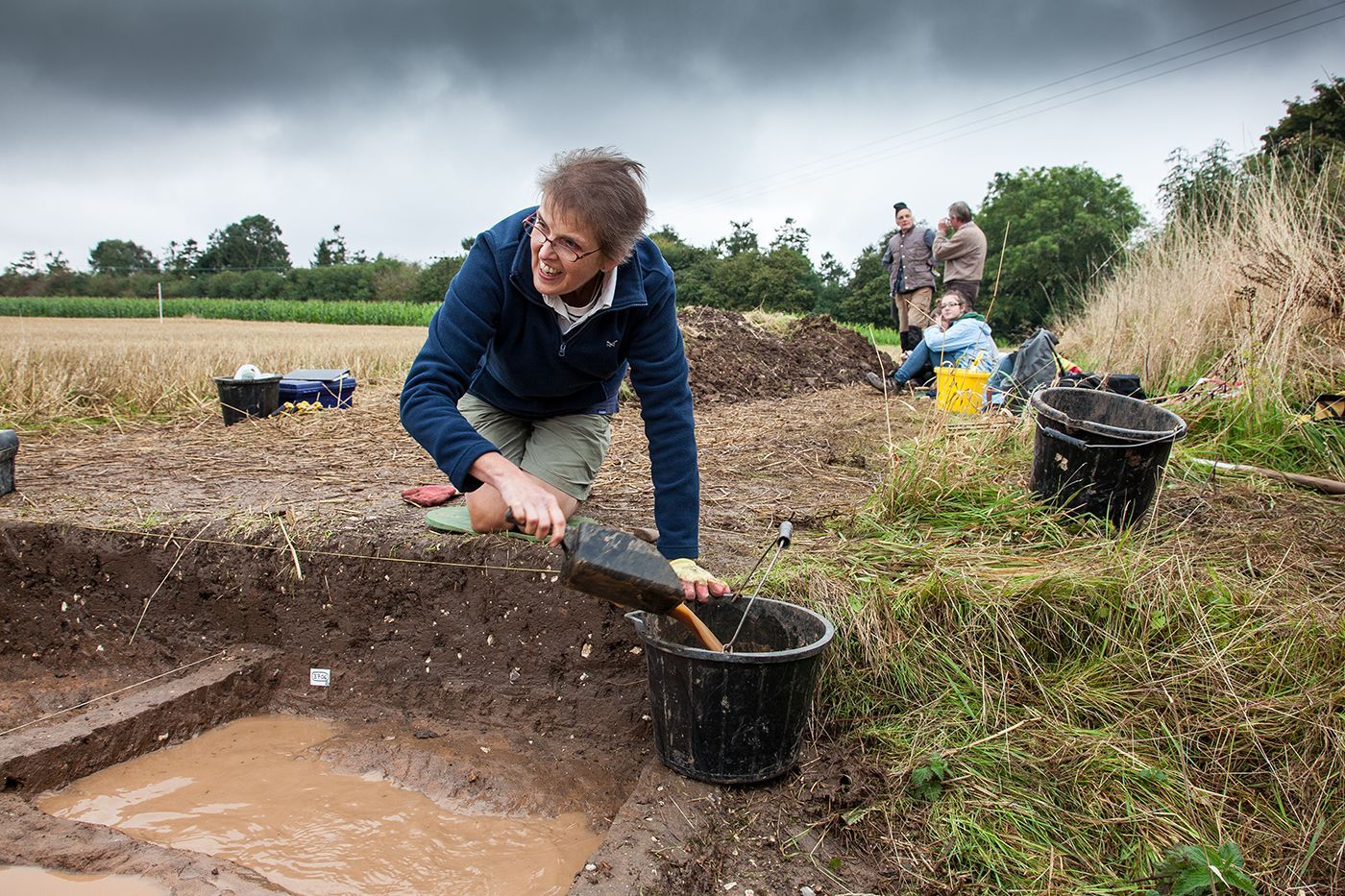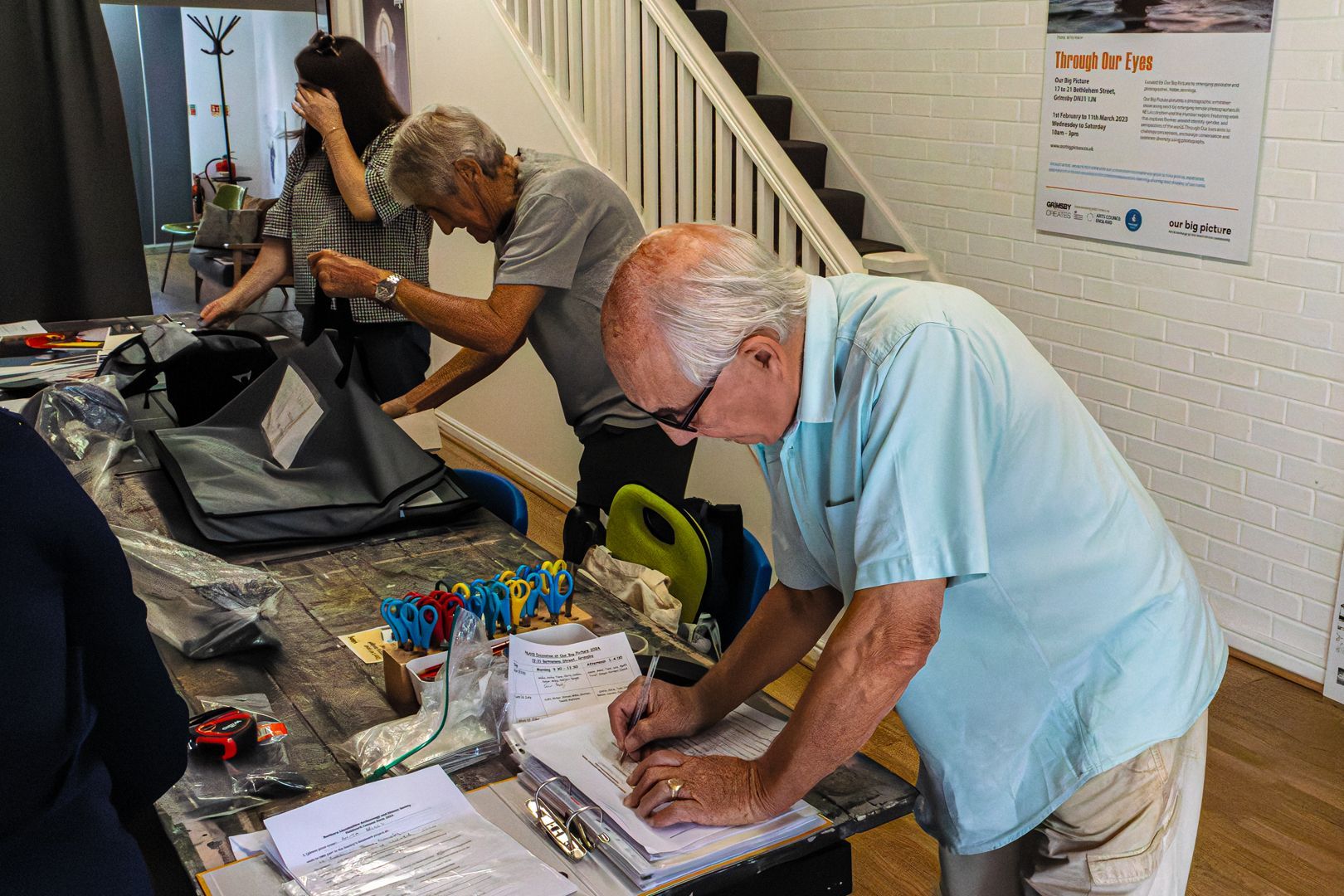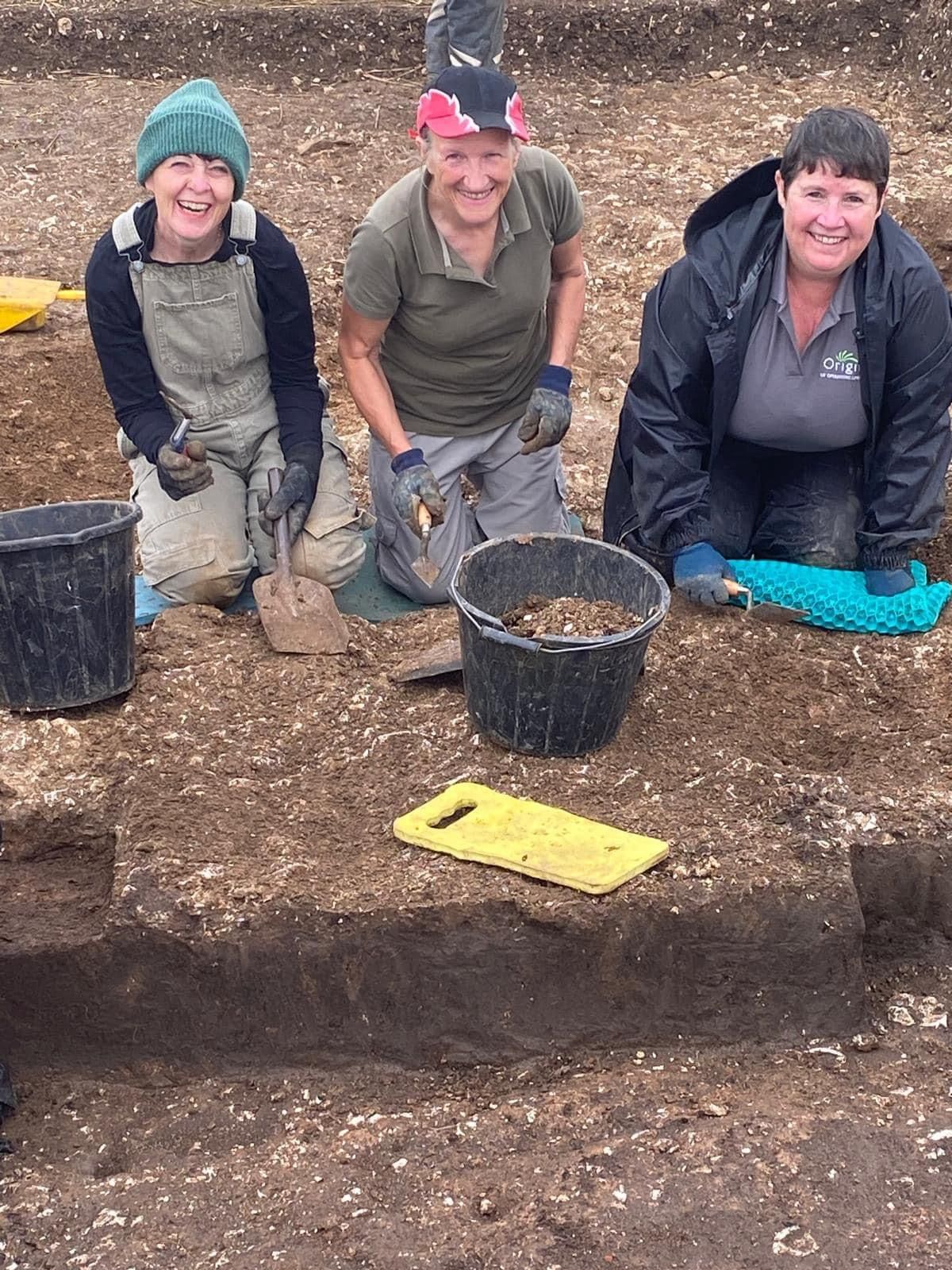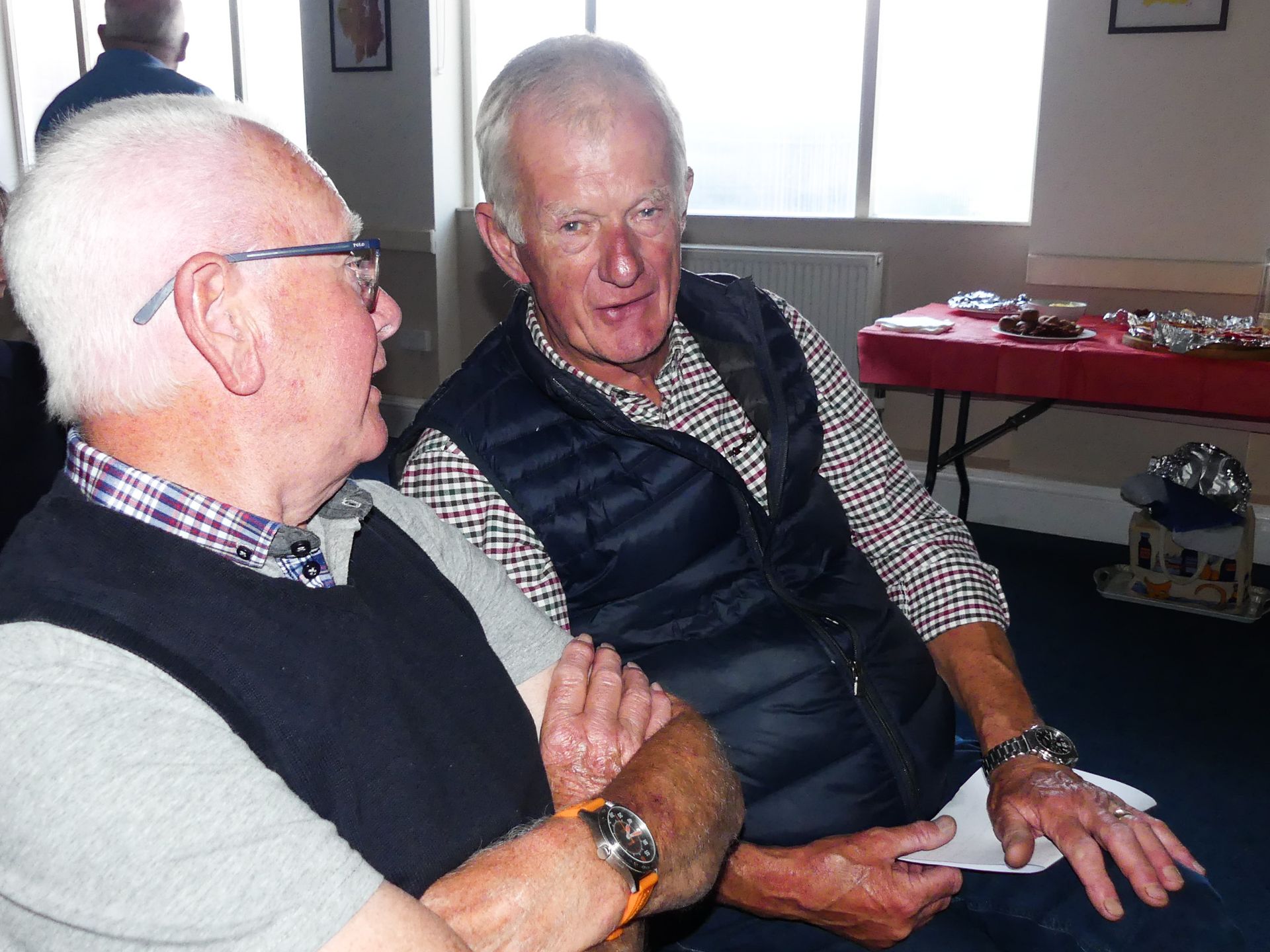Equality and Diversity Policy
Introduction
NLA&HS recognises that in society generally, power is not held equally and that groups and individuals have been and continue to be discriminated against on many grounds, including the protected characteristics of:
- Age
- Disability
- Gender reassignment
- Marriage and civil partnership
- Pregnancy and maternity
- Race
- Religion or belief
- Sex or sexual orientation.
Groups and individuals can also be discriminated against for other reasons, for example, where they live.
Types of Discrimination
- Direct Discrimination - when an individual is treated differently and worse than someone else for certain reasons. The Equality Act says the individual has been treated “less favourably’
- Indirect Discrimination - when there’s a practice, policy or rule which applies to everyone in the same way, but it has a worse effect on some people than others. The Equality Act says it puts the individual at ‘a particular disadvantage’
- Discrimination by association - this is direct discrimination against someone because they associate with another person who possesses a protected characteristic.
- Perception discrimination - this is direct discrimination against an individual because others think they possess a particular protected characteristic. It applies even if the person does not actually possess that characteristic.
- Harassment is “unwanted conduct related to a relevant protected characteristic, which has the purpose or effect of violating an individual’s dignity or creating an intimidating, hostile, degrading, humiliating or offensive environment for that individual”. This includes physical contact which the recipient finds unwanted and inappropriate, and language which the recipient finds inappropriately intimate or presumptuous.
- Victimisation occurs when an individual is treated badly because they have made or supported a complaint or raised a grievance under this Policy; or because they are suspected of doing so.
NLA&HS recognises that where discrimination occurs within the Society, it is unacceptable.
Aims
The purpose of the Equality and Diversity Policy is to set out clearly and fully the action NLA&HS intends to take to prevent discrimination, including harassment and victimisation, within the Society.
In adopting this Equality and Diversity Policy, NLA&HS is making an unequivocal commitment to implementing it.
Code of Practice
This Code of Practice describes how the Committee of NLA&HS intends to act on behalf of the Society, to implement the Policy.
NLA&HS arranges talks on historical subjects, archaeological digs, heritage exhibitions, and other events and activities of historical interest, principally for adults in the northern Lincolnshire area. The Society will act to ensure that all activities and events are open and welcoming to all such adults.
The Society aims to make its meetings and events accessible to people with disabilities, e.g. meet in accessible premises, and produce information in alternative formats.
NLA&HS will send all members a copy of the Equality and Diversity Policy and encourage members to read it and to understand its importance.
Members who have experienced discrimination or harassment or victimisation within NLA&HS can make a complaint to a member of the Committee, who will forward it to the full Committee, who will appoint an investigating panel.
Code of Conduct
This Code of Conduct describes how we expect members to act, when at Society events and activities:
We ask members to make themselves aware of the contents of this Policy.
- It is expected that Society members will treat other members with dignity and respect, regardless of age, disability, gender reassignment, marriage and civil partnership, pregnancy and maternity, race, religion or belief, sex, or sexual orientation.
- Society members should do their utmost to respect other members’ feelings, by not using language or humour that some people may find offensive.
- It is expected that no one in the Society will be subject to discrimination, harassment, or victimisation.
Dealing with Complaints
- The NLA&HS Committee will take complaints of discrimination, harassment, or victimisation very seriously.
- The NLA&HS Committee will appoint a panel to investigate any complaints.
- It will investigate them thoroughly and provide an opportunity for the person making the complaint to speak in a safe environment about their experience.
- The person complained against will have the opportunity to address the panel.
- If a complaint has been upheld, the Committee will decide the action to be taken based on the recommendations of the panel, on the principle of ensuring the continued inclusion and safety of all members.
- Any decision to terminate someone’s membership will be made in line with the rules set out in the constitution.
Review
This policy has been agreed by the NLA&HS Committee and will be reviewed every 2 years.





